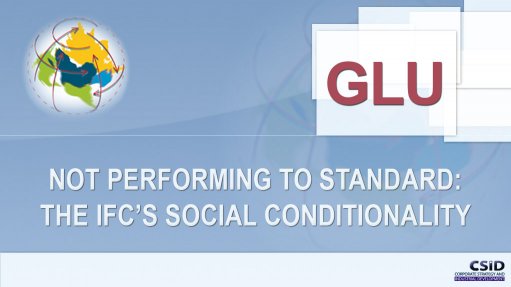
The potential for private or non-state regulation to improve labour standards has been much canvassed in recent years. It has been argued that working conditions in developing economies can be upgraded by making supply or investment contracts conditional on labour standards compliance. Alternatively, this can be achieved by offering access to premium price markets through product labels that certify the successful completion of a social auditing process. Nevertheless, it remains in dispute whether this kind of private regulation is effective from the perspective of workers. Existing research has found that while firms are often prepared to make modest improvements to pay for working conditions in pursuit of some market advantage, they remain unwilling to accept any significant increase in the capacity of workers to influence management decisions about employment conditions and the organisation of work. The research we report here confirms that as long as private regulators do not see it as their role to address the power imbalance between workers and employers, they will have little durable impact on labour standards.
Download the full article above.
Written by Conor Cradden, research fellow and former 'chargé de course' in the Department of Sociology at the University of Geneva, where he taught a masters degree course on the International political economy of standards. He has an MSc from the London School of Economics and Political Science and a PhD from the European University Institute. Formerly head of research for a UK public sector trade union, he has expertise in labour and organization studies, transnational regulation, participatory democracy and sociological theory.
Published by Global Labour Column and edited by CSID at Wits University.